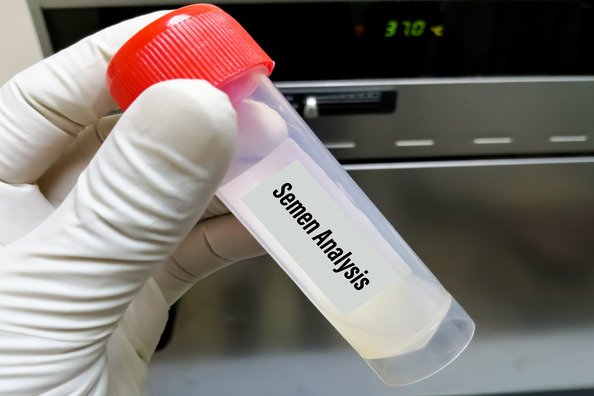Azoospermia, a condition that affects approximately 1% of all men and 10-15% of men with infertility issues, is characterized by the absence of sperm in the ejaculate. This condition can be a significant barrier to achieving natural conception and often requires detailed investigation and specialized treatment. This blog will explore the types, causes, diagnostic procedures, and treatment options for azoospermia suggested by best gynecologist in faridabad.
What is Azoospermia?
Azoospermia is the medical term for having no measurable sperm in the semen. It is one of the major, though less common, causes of male infertility. The condition is typically categorized into two types:
- Obstructive Azoospermia (OA): This type occurs when a blockage in the male reproductive tract prevents sperm from entering the ejaculate. The obstruction could be anywhere from the epididymis, through the vas deferens, to the ejaculatory ducts.
- Non-Obstructive Azoospermia (NOA): This form is due to a problem with sperm production. It can be the result of genetic abnormalities, hormonal disorders, or issues within the testes, such as atrophy or prior medical treatments like chemotherapy.
Causes of Azoospermia
The specific causes of azoospermia vary based on its type:
- Causes of Obstructive Azoospermia: Common causes include congenital bilateral absence of the vas deferens (often associated with cystic fibrosis), infections such as sexually transmitted diseases that cause scarring, and complications from surgeries.
- Causes of Non-Obstructive Azoospermia: This can be due to genetic disorders like Klinefelter syndrome, Y-chromosome microdeletions, or issues with the hypothalamus or pituitary gland that affect hormonal regulation necessary for sperm production.
Diagnosing Azoospermia
Diagnosis begins with a detailed medical history and physical examination, followed by a semen analysis to confirm the absence of sperm. If azoospermia is confirmed, further tests are conducted to determine its type:
- Hormonal Profile: Levels of follicle-stimulating hormone (FSH), testosterone, and luteinizing hormone (LH) are typically measured.
- Genetic Tests: These can help identify underlying genetic causes like Klinefelter syndrome or Y-chromosome deletions.
- Transrectal Ultrasound: Used to look for obstructions or abnormalities in the reproductive tract.
- Testicular Biopsy: This is sometimes necessary to determine whether sperm production occurs within the testes.
Treatment Options
Treatment for azoospermia depends on the underlying cause:
- Surgical Treatment: For obstructive azoospermia, surgery can often remove the blockage or retrieve sperm directly from the testes or epididymis. Techniques like microsurgical vasovasostomy (reconnection of the vas deferens) or epididymovasostomy are common surgical remedies.
- Medical Treatment: In cases of hormonal imbalance, medications might help stimulate sperm production. Hormonal therapy using medications like clomiphene citrate or human chorionic gonadotropin can be effective.
- Assisted Reproductive Technologies (ART): For non-obstructive azoospermia, sperm retrieval techniques coupled with in vitro fertilization (IVF) and intracytoplasmic sperm injection (ICSI) are often used. These techniques involve retrieving sperm from testicular tissue and directly injecting it into an egg.
Coping and Support
Being diagnosed with azoospermia can be emotionally challenging. Support from healthcare providers, counselors, and infertility support groups can be invaluable. Additionally, couples might explore alternative paths to parenthood, such as using donor sperm or adoption, depending on their circumstances and preferences.
Asha IVF: A Leading Fertility Center for Azoospermia Treatment
Regarding treating azoospermia, Asha IVF & Fertility Centre stands out as a leading fertility center renowned for its specialized care and innovative treatment options. At Asha IVF, the team of highly qualified reproductive endocrinologists, urologists, and embryologists works together to offer personalized treatment plans tailored to each patient’s unique needs. They are equipped with state-of-the-art technology and advanced reproductive techniques, including microsurgical testicular sperm extraction (micro-TESE) and intracytoplasmic sperm injection (ICSI), which are vital in handling even the most complex cases of azoospermia.
Asha IVF & Fertility Centre also emphasizes a compassionate approach, ensuring that patients and their partners receive top-tier medical treatment and emotional and psychological support throughout their journey. Their success rates are consistently high, a testament to their expertise and dedication to helping couples achieve their dream of parenthood. For individuals and couples dealing with azoospermia, Asha IVF represents hope and a high likelihood of success, making it a top choice for those seeking effective fertility solutions.

